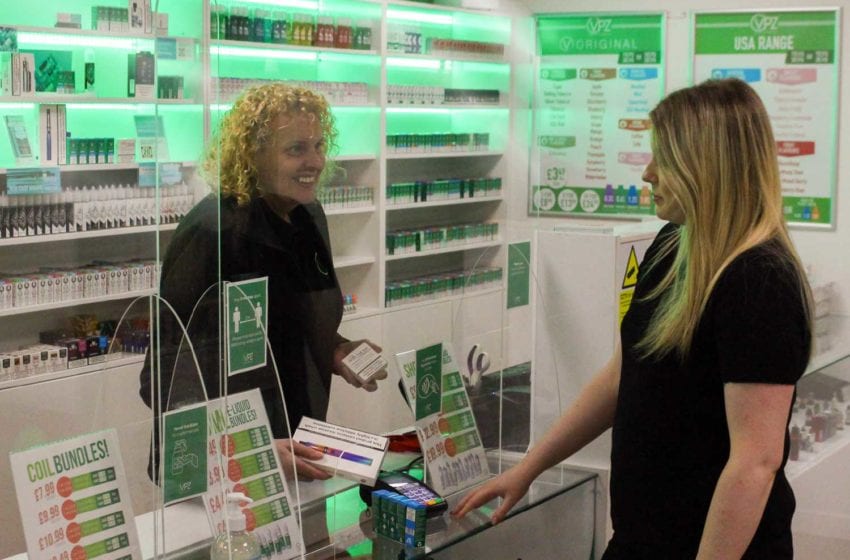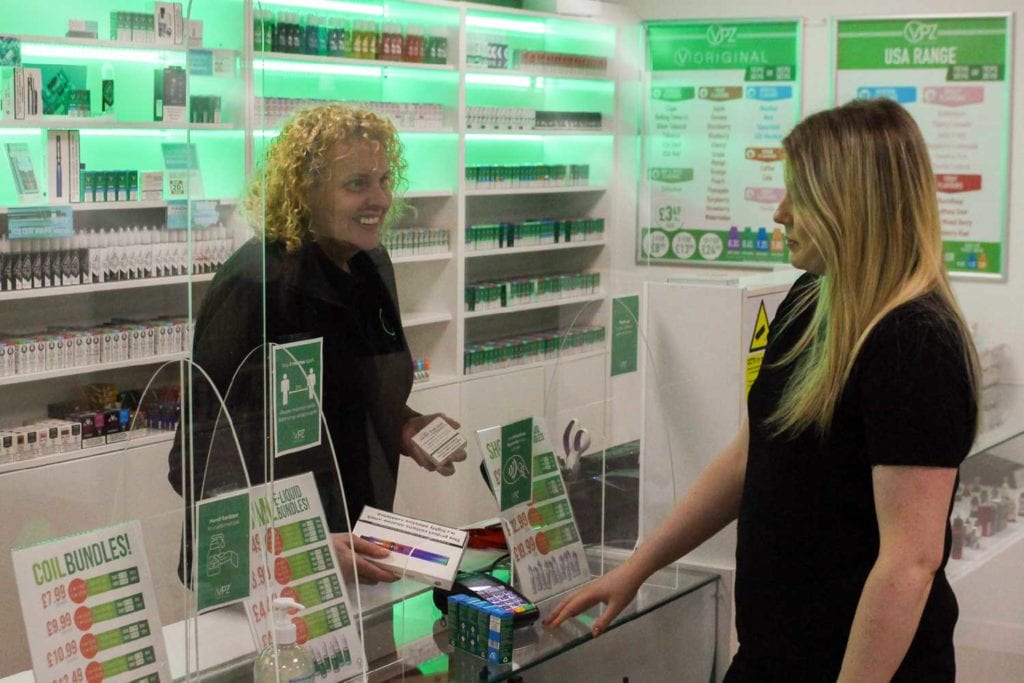
Universal Corp. reported net income of $7.3 million for the first quarter of fiscal year 2021, which ended on June 30, 2020. Those results were up from $2.1 million in the first quarter of fiscal year 2020.
Excluding certain nonrecurring items, net income declined by $4.3 million for the quarter ended June 30, 2020, compared to the quarter ended June 30, 2019. Operating income of $8.5 million for the quarter increased by $1 million over the previous year’s quarter.
Segment operating income was $4.3 million for the first quarter of fiscal year 2021, down $3.2 million compared to the same period last fiscal year, mainly because of earnings declines in Universal’s Other Regions and Other Tobacco Operations segments.
“Our fiscal year 2021 is off to a slow but respectable start as nearly all of our origins continue to make good progress moving through their various tobacco growing and processing activities. The first fiscal quarter is generally the weakest of our fiscal year given seasonal timing,” said George C. Freeman III, chairman, president and CEO of Universal.
“This fiscal year, as a result of the Covid-19 pandemic, we are also experiencing later openings of the tobacco buying seasons and slower processing due to social distancing and other local government safety requirements,” Freeman added. “We have also had some slower receipts of customer shipping instructions and orders. However, to date, we have not seen a material impact to our supply chain or seasonal planting or harvesting requirements.”

